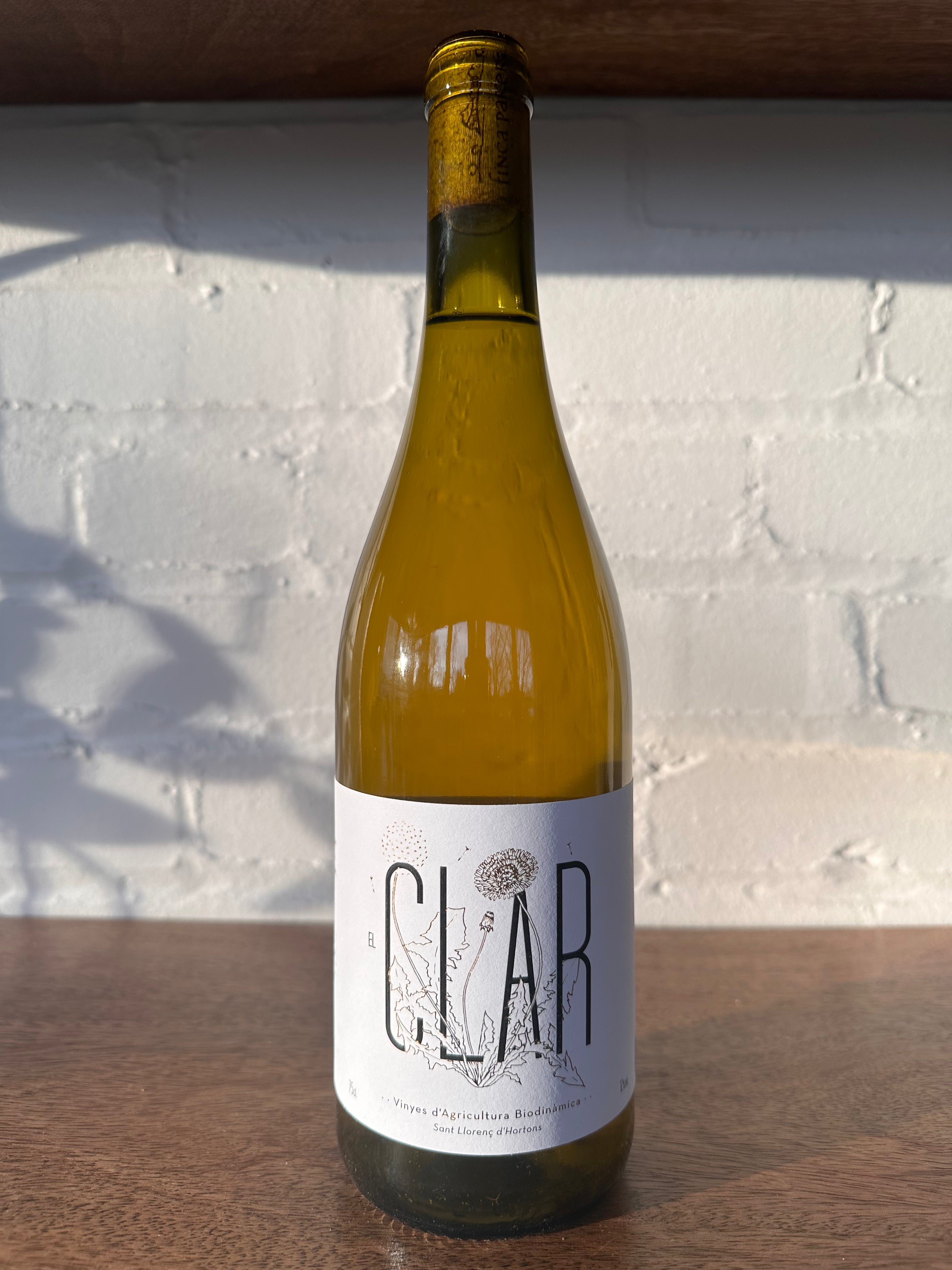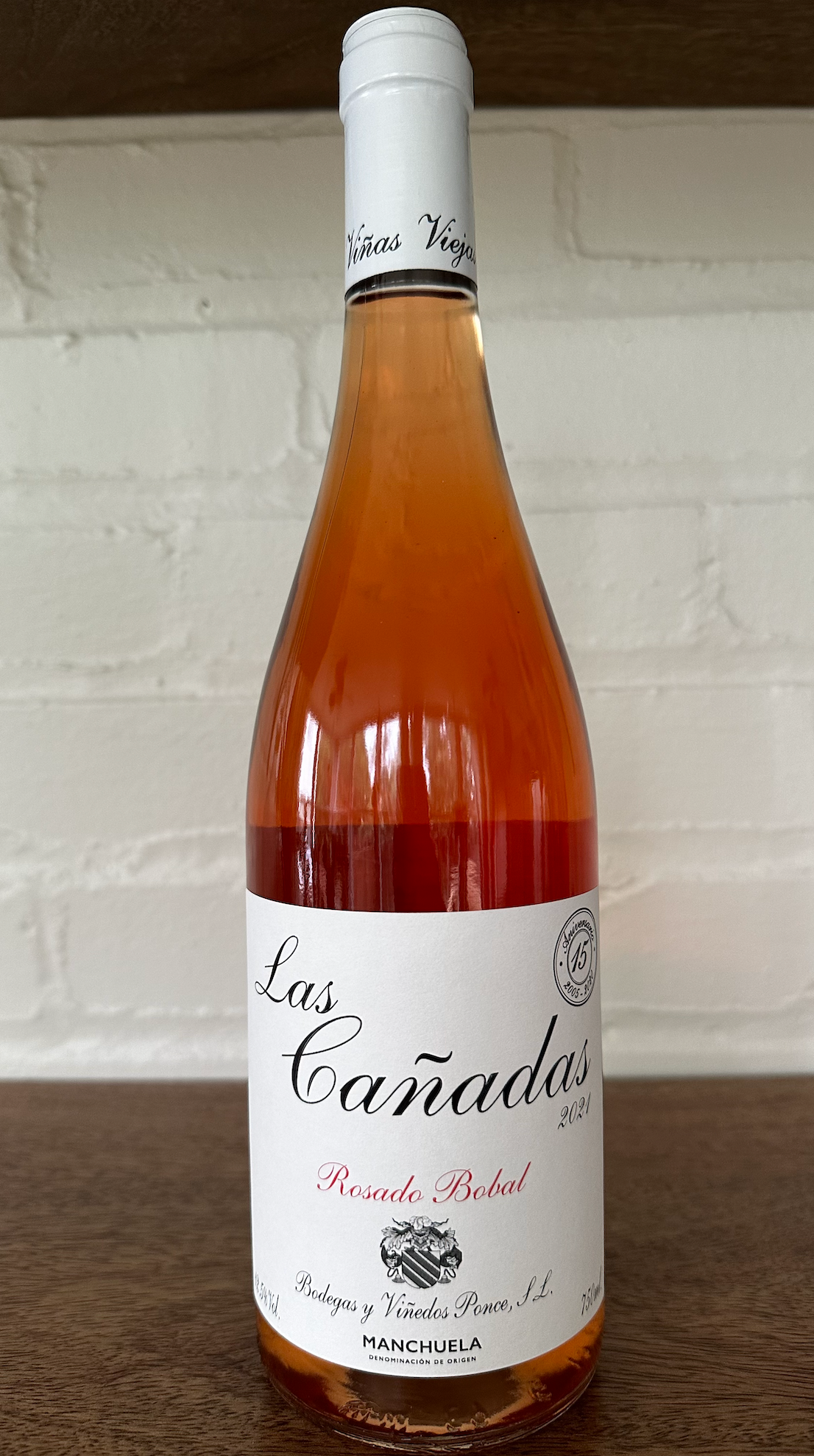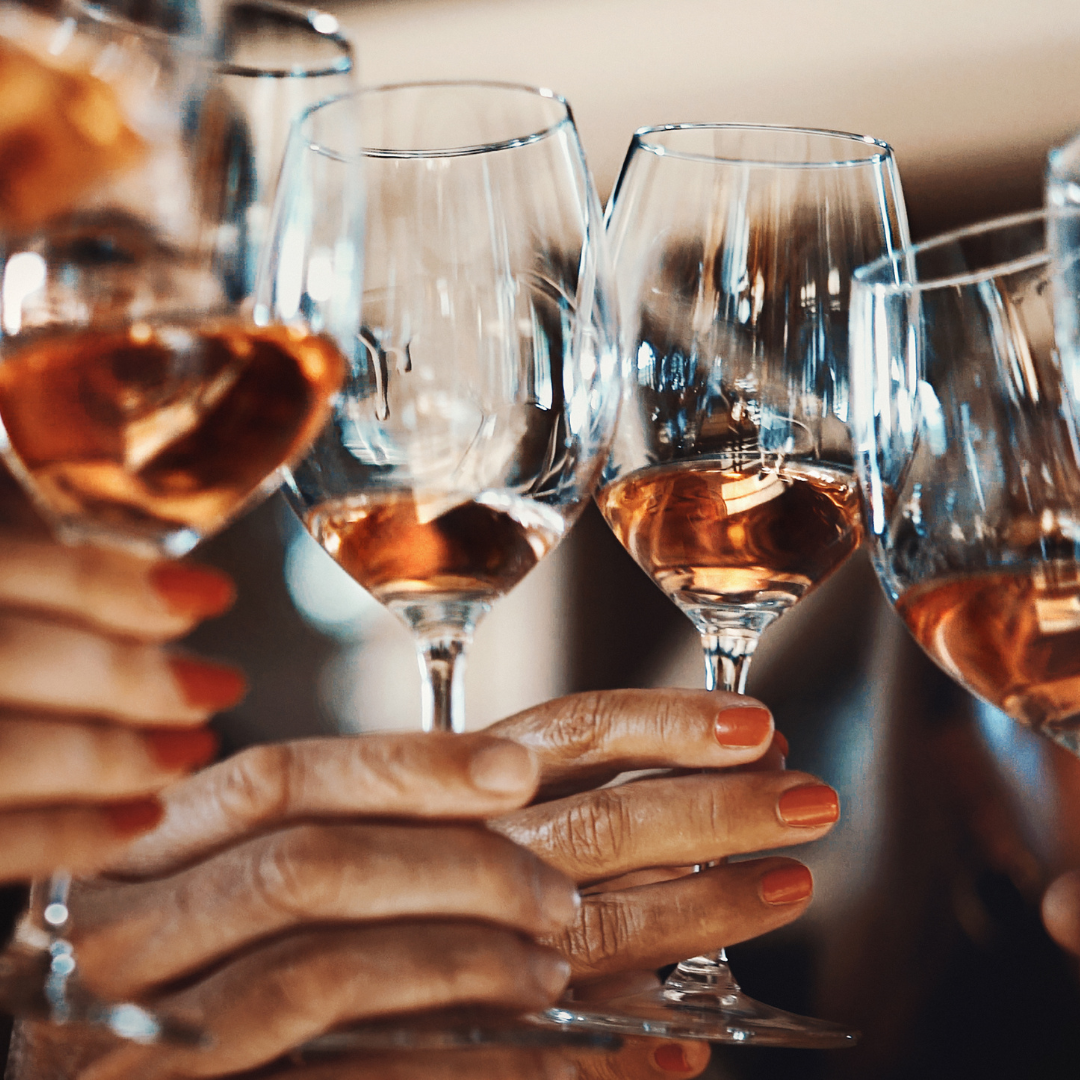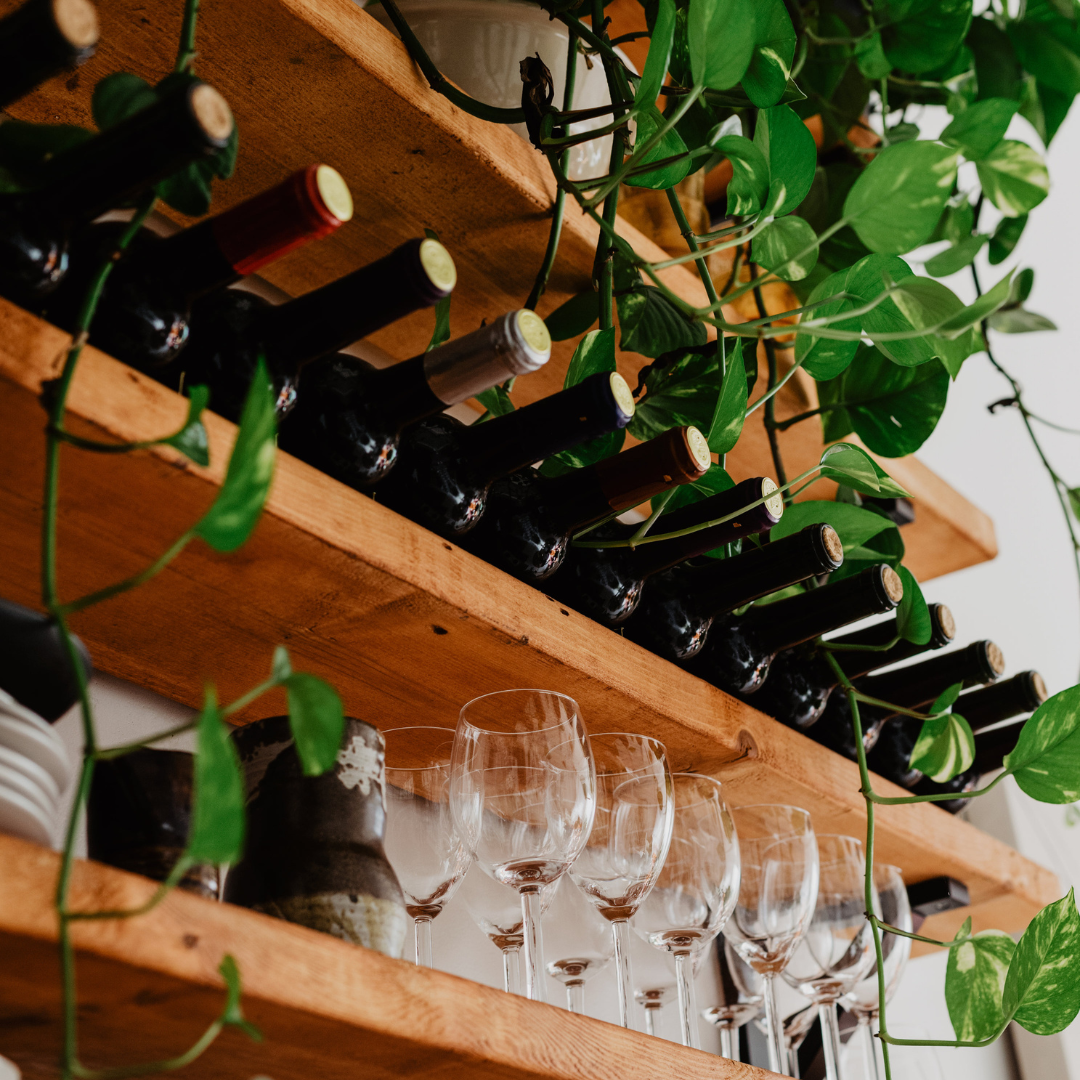Finca Parera Clar 2021

Finca Parera Clar 2021
Winemaking A skin contact blend of mostly Xarel-Lo and other indigenous varieties, aged in concrete. This vintage shows all its aromatic potential, with ripe white fruit and marked floral notes. In the mouth, it unfolds with lightness and honesty, with a fresh and pleasant finish.
Manual harvest in 250 kg containers. Entry of the grape with 30% rapa and all the skin to a stainless steel vat for maceration / infusion at low temperature. After a few days the spontaneous fermentation begins, and without moving the hat or stirring the wine, we let the fermentation progress continue aging inside the vat until spring, where we will press and withdraw the wine. We bottle without any intervention or addition, on a descending moon.
Biodynamic | Organic | Unfined & Unfiltered
Country Spain
Region Penedes
Soil Granite
Varieties 80% Xarel lo and a blend of Chardonnay, Gewurztraminer, Malvasia de Sitges, Parellada and Garnatxa Blanca
Alcohol 13.5%
Size 750 ML
Pairings Soft cheese, lots of cheese. Also pairs well with Oysters and lighter bodied fish. For an easy snack pairing, try with plain or himalayan salted kettle chips
About the Producer
Fourth generation farmers since 1892, organic winegrowers since 1999 and biodynamic winemakers since 2013. Jordi Parera and Ruben Parera take care of different small plots of vineyard, along with other ancient cultures cherries, almonds, olives and vegetables garden. All with a small production of honey from their own bees.
Finca Parera is located in the upper Penedes region Penedès Montserratí in the village of Sant Llorenç d’Hortons, a historic area of quality Xarel·lo production which is characterised by its calcareous clay soils. Rubén converted his family’s 10h estate from organic to biodynamic farming, continuing the natural process into the cellar while applying the same practice to their cherries, almonds, olives, and vegetables, obtaining the rather grueling Demeter certification on their first visit.
Devoted to the green cover, compost and ancestral practices, they try to express the full potential of their terroir, foster the landscape, take care of the soil and close vital circles.











